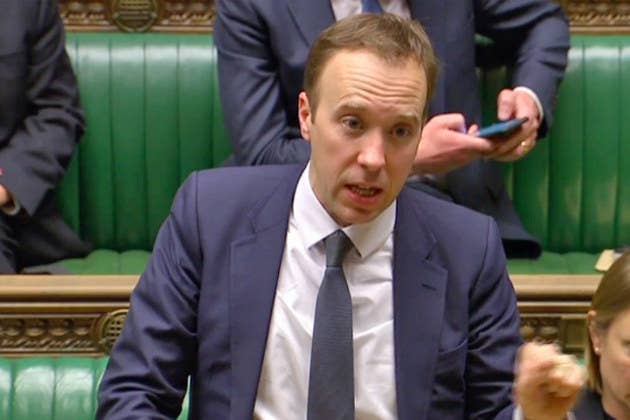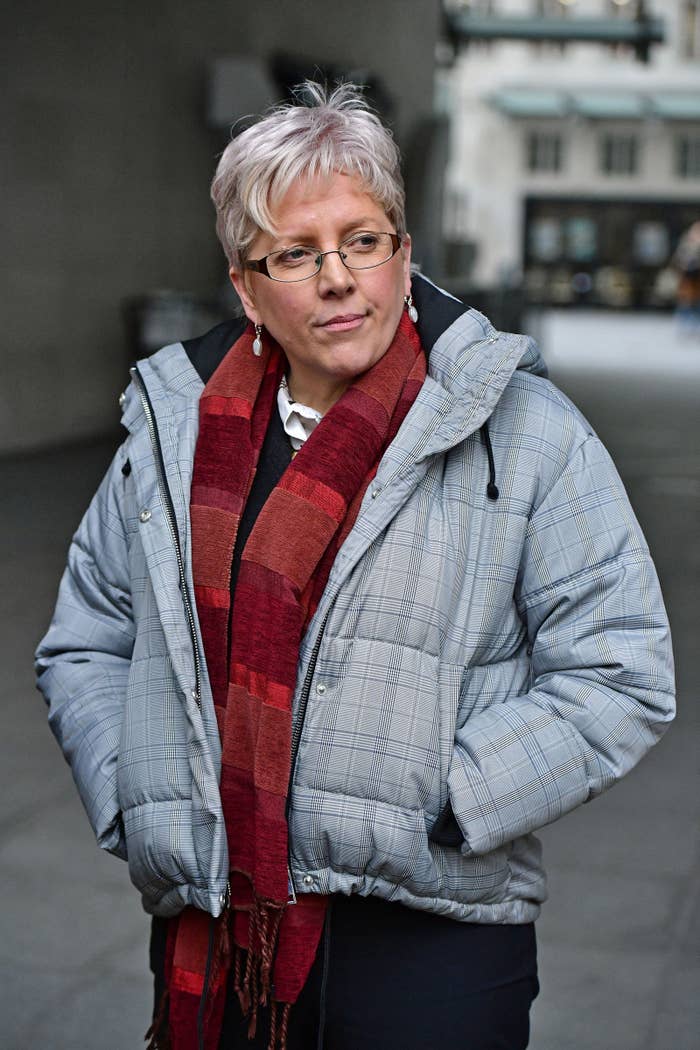
The new secretary of state for digital, media, and culture, Matt Hancock, says the BBC should consider cutting the pay of its senior male journalists in order to achieve gender pay equality.
He made the comments in the midst of a controversial debate about salaries at the corporation.
The issue has exploded into the open this week after the BBC's China editor, Carrie Gracie, published a blistering resignation letter that accused management of overseeing a "secretive and illegal" pay culture whereby she was paid up to 50% less than her male counterparts.
On Tuesday, Hancock fielded questions about the case in parliament, calling the BBC a "treasured national institution" that must uphold the national values, and "that includes fair pay and equal pay for equal jobs".
He said one answer could be to cut the salaries of the BBC's senior male reporters.

"This isn’t just an issue of levelling women’s pay up, it’s a matter for pay equality," Hancock said. "Working for the BBC is public service and a great privilege, yet some men at the BBC are paid far more than other equivalent public servants."
He went on to refer to the senior foreign editors in North America and the Middle East, who he said were earning more than British ambassadors in the region.
"More action, much more action is needed, especially when BBC foreign editors can earn more than Her Majesty’s ambassadors in the same jurisdiction."
It was revealed last year that Middle East editor Jeremy Bowen earned between £150,000 and £199,999, while North America editor Jon Sopel brought in between £200,000 and £249,000.
There were also multiple questions from female MPs about the BBC's attempt to muzzle reporters who had tweeted their opinions about Carrie Gracie's case.
As BuzzFeed News reported yesterday, BBC management told editors not to allow reporters who had expressed their opinions about equal pay to take part in stories on the subject.
It resulted in BBC Woman's Hour host Jane Garvey sitting quietly in the radio studio yesterday morning while a freelance journalist was brought in to interview Gracie on the subject.
This just happened on BBC Newsnight, which is on BBC Two.
But Labour MP Jess Phillips questioned the BBC's decision to allow Newsnight's Evan Davis to host a segment on equal pay after he'd earlier posted a nine-tweet thread about the issue.
"As Evan Davis took to presenting Newsnight to talk about this last night after going on Twitter and giving his very clear opinion, which was neither right nor honourable about this issue, why has he not been silenced when women who have spoken up as part of the campaign group have been taken off air?"
"What is [the secretary] going to do in his brand new shiny role to make sure that women are not being silenced about this issue at work?"
Hancock was wary of intervening, instead suggesting that it was up to the BBC to enforce its own impartiality guidelines.
The Equalities and Human Rights Commission has now taken up the case, writing to the BBC about the issues set out in Gracie's letter, which claimed "up to 200 women" at the corporation had raised pay complaints.
On Tuesday afternoon, the Commons digital, culture, media, and sport committee also announced it would seek evidence from Gracie and the head of the BBC, Tony Hall, during a public hearing to be held in the coming weeks.
